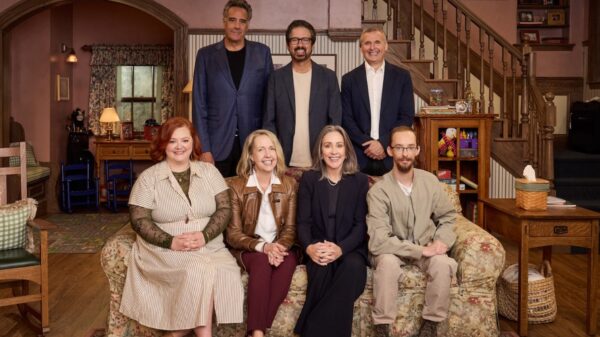URGENT UPDATE: Parents transforming into unrecognizable divas post-retirement is a growing concern, as highlighted in a recent letter to Slate’s advice column, Dear Prudence. A frustrated child describes their parents’ drastic behavioral changes and lack of common sense since retiring three years ago. This issue resonates with many who are witnessing similar transformations among older adults.
The letter, submitted by a user identified as Public Embarrassment, details several embarrassing incidents, including a shouting match over a senior citizen discount and a public outburst at a local bakery due to a cake order. The letter has sparked discussions about the cognitive decline and behavioral changes often seen in retirees, raising urgent questions about how families should address these issues.
Experts suggest that as individuals age, they may become more prone to demanding behavior, possibly due to feelings of neglect or a desire for respect from the younger generation. Public Embarrassment expresses concern over their parents’ ignorance of social norms, which has resulted in public scenes that are increasingly difficult to manage.
In another letter highlighted by Prudence, a wedding planning dilemma arises as a mother pressures her daughter to invite two high school friends to the wedding, despite their potentially disruptive behavior. The mother’s insistence raises alarms about the impact of external pressures on personal celebrations, illustrating the complex dynamics families navigate during significant life events.
New data shows that more individuals are experiencing heightened anxiety and behavioral changes in social situations, particularly as they adapt to a rapidly changing world. This is further complicated when faced with grief, as seen in another letter from a woman navigating her husband’s sister’s anger following their father’s passing. The sister’s aggressive behavior towards her grieving family underscores the emotional toll of loss and the ripple effects it has on relationships.
As families grapple with these challenges, experts emphasize the importance of communication. They advise taking a step back and viewing aging relatives as individuals navigating their own struggles, rather than as merely parents. This approach may help mitigate misunderstandings and foster a more empathetic environment.
What’s next? Families dealing with similar situations are encouraged to seek support from friends or professionals who can offer impartial perspectives. Engaging with relatives in a compassionate manner can create avenues for understanding and open discussions about behavior.
These insights into familial dynamics highlight a critical moment in time where the aging population’s needs must be addressed with urgency and sensitivity. As society continues to evolve, recognizing and adapting to these changes is essential for maintaining healthy family relationships.
Stay tuned for more updates on this developing issue and how it affects families worldwide.








































































